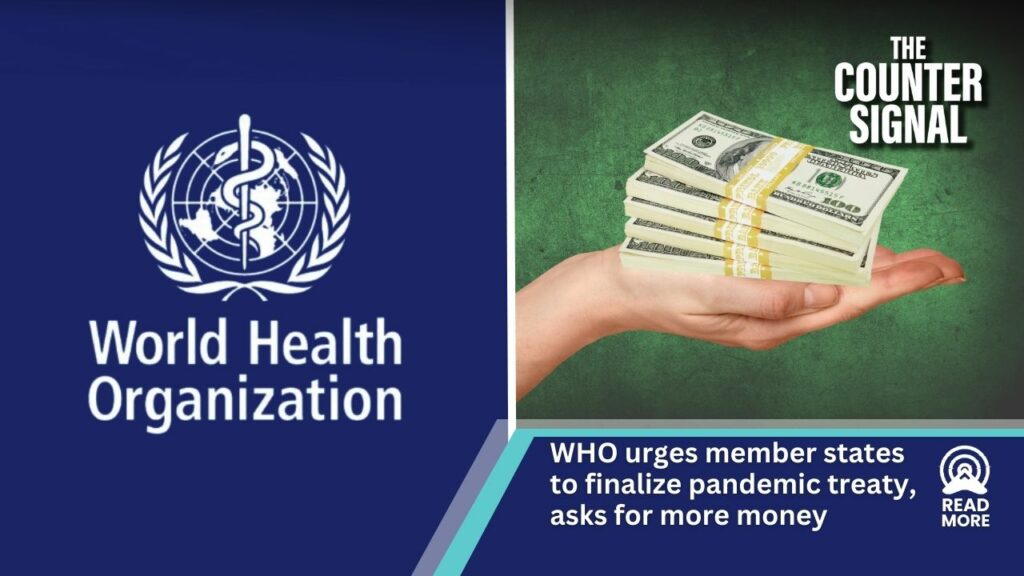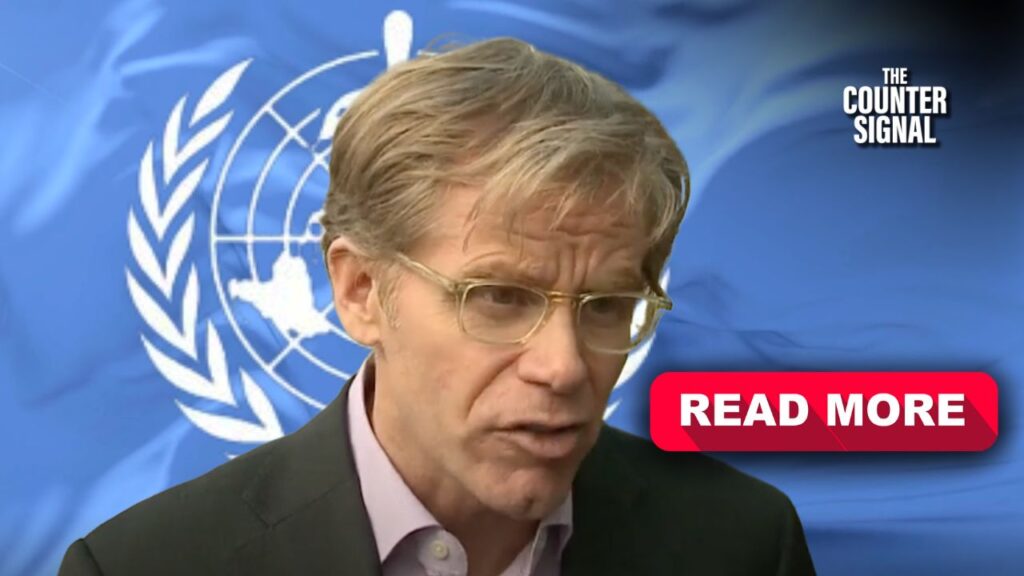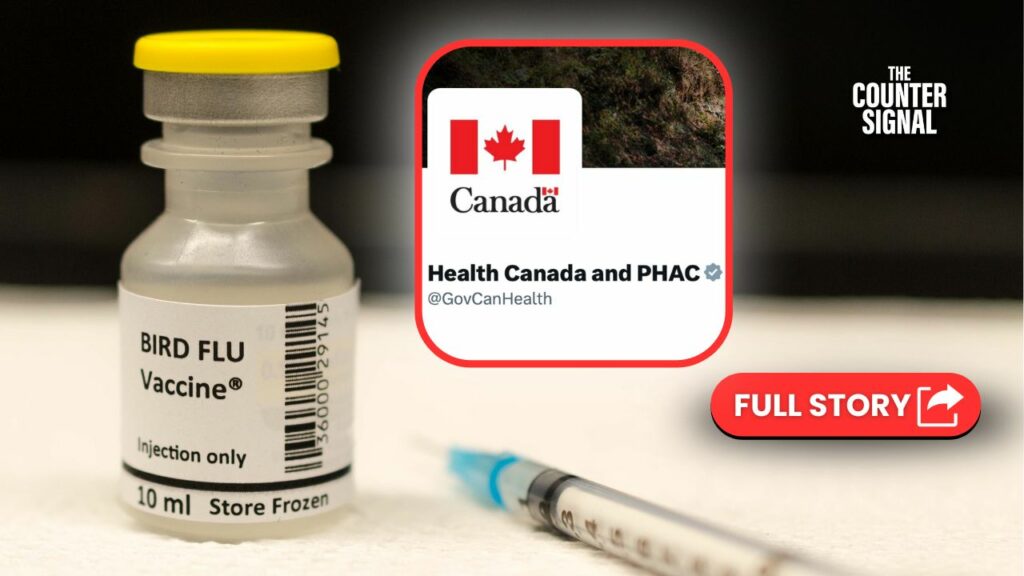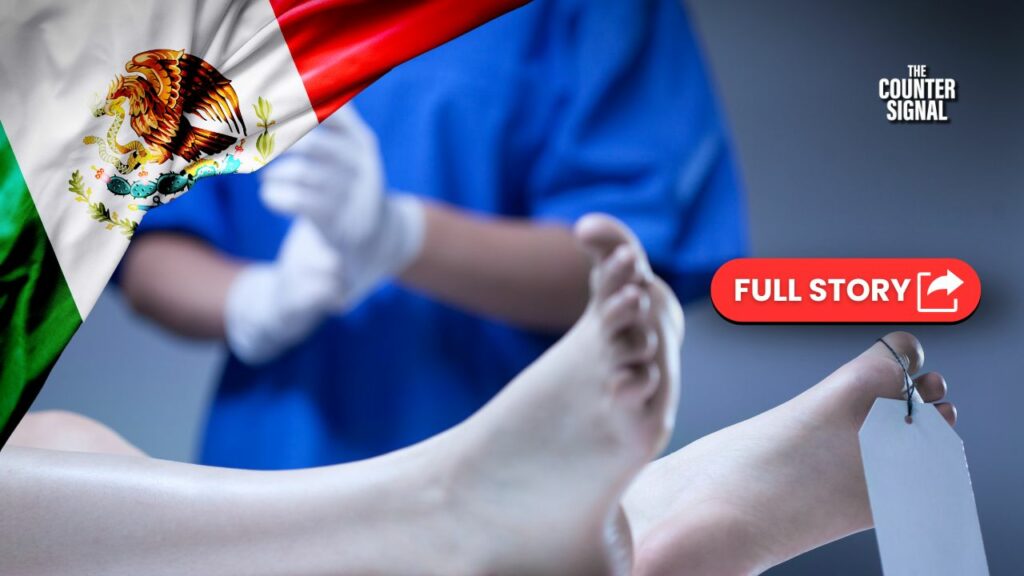The World Health Organization (WHO) has called for member states, including Canada, to finalize their pandemic treaty — and pitch in more money for “when the next pandemic strikes.”

In Monday’s opening remarks for the Global Symposium of Global Health Security and Diplomacy in the 21st Century, WHO’s Director-General Tedros Ghebreyesus said the coming year is “a generational opportunity that we must not miss.”
“As you know, Member States are now in the process of negotiating a new legally-binding agreement on pandemic preparedness and response, and amendments to the International Health Regulations,” he said, adding that “the two will form the vital legal framework for a safer world.”
The unelected organization’s leader has previously denied that a Pandemic Treaty would force countries to comply with its regulations, but he’s also threatened sanctions for countries that don’t do so.
Ghebreyesus listed three action plans for all member states to follow starting Monday, the first being that “we must close the governance gap.”
He also asked for member nations to cough up more financial support towards the World Bank’s Pandemic Fund. Third, the Director-General implicitly called for censorship, urging that “we must protect health care from politicization and attack.”
Ghebreyesus has previously urged social media companies around the world to combat misinformation.
WHO’s in charge?
Over the course of the pandemic, the WHO began partnering with countries to combat what they referred to as an “infodemic.” More often than not, this meant censoring people online who had genuine concerns or were trying to proliferate the truth of adverse reactions following mRNA jabs.
Such adverse reactions are now more widely accepted as fact, and health officials worldwide have begun warning people of the risk from things like post-vaccine myocarditis, which the WHO has consistently waved away as a conspiracy theory.
The WHO's problem with facts What WHO Director-General Tedros is not telling you on purpose here is that the WHO, in parallel to the so-called Pandemic Accord, is also working on far-reaching amendments to the WHO's International Health Regulations (IHR). These are meant to be… https://t.co/eXaU1yrIiw
— Dr Tess Lawrie (@lawrie_dr) November 11, 2023
Amongst his list of hurdles to overcome, Ghebreyesus said on Monday that one of the challenges ahead is the increase of public skepticism with regards to institutions and science.
Earlier this year, the Director-General expressed his disappointment in the fact that member nations weren’t reporting COVID data to the WHO.












